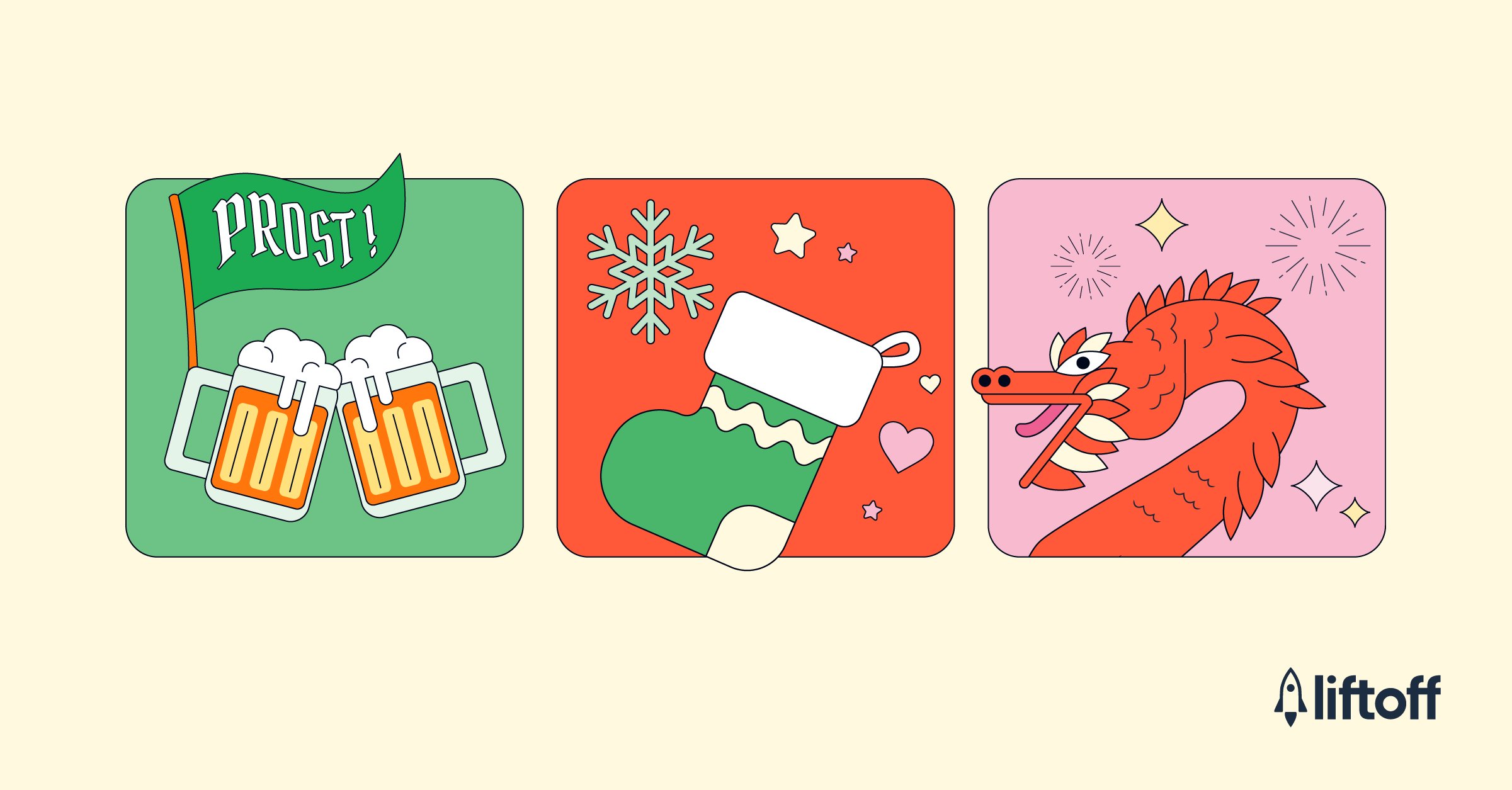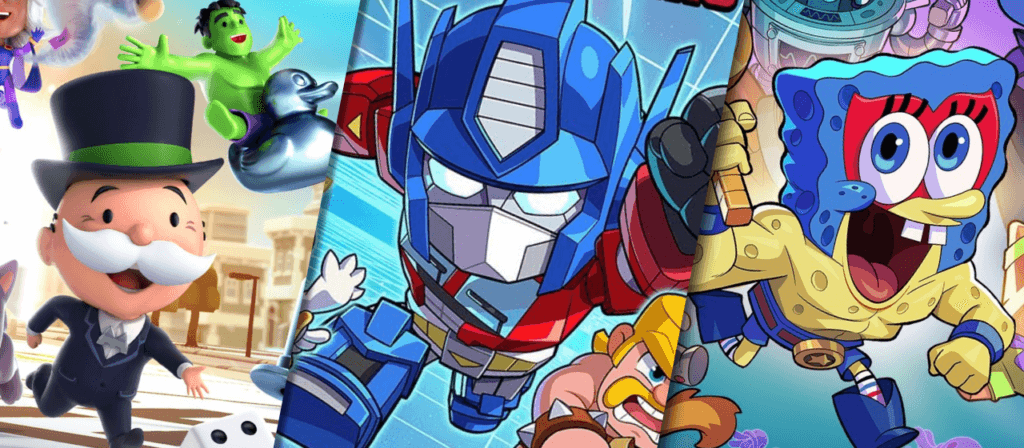From national calendar days to religious holidays and even global sports events such as The Olympics, merging your live events and LiveOps strategy with real-world calendar events is an excellent way for mobile games to find exciting new ways to drive player engagement.
Editor’s note: This blog post was originally published in February 2021. We’ve updated the blog post with new seasonal event implementation examples and best practices for introducing seasonal events into your mobile game.
Over 90% of the top-grossing 100 iOS mobile games actively use seasonal events to boost their revenues. Seasonal events are now an essential part of LiveOps, with players expecting an influx of new content as we approach different notable events in the calendar year.
But is there more to seasonal events than just putting a Christmas theme on your storefront and adding a few spooky Halloween skins and icons to past events? In this post, we’ll cover some of the more simplistic takes on seasonal events, such as reskins, while also looking at best practice examples that will hopefully inspire you to build and improve your in-game seasonal experiences.
The data and examples shown here are gathered using GameRefinery data and our Live Events Tracker, which tracks over 35 different types of events across the biggest mobile games. These examples offer just a glimpse at the vast number of seasonal events regularly launched across the mobile market—be sure to visit the full library available on the GameRefinery SaaS platform for even more inspiration.
Understanding the Seasonal Events Calendar
The seasonal events most encountered in the mobile market are typically themed around the old classics: New Year, Easter, Halloween, Thanksgiving, and Christmas. However, it’s not uncommon to see seasonal events themed around smaller occasions, such as St. Patrick’s Day, Cherry Blossom Season, and Oktober Fest.
Just remember that many occasions will be more culturally relevant to certain countries than others. For example, Halloween and Christmas are much more significant to a US audience than the Lunar New Year for a Chinese audience. This is especially important when considering implementing events around something like Independence Day or Bonfire Night, which are only celebrated in specific countries (the US and UK, respectively).
Here’s a handy summary of the main seasonal dates to keep in mind when planning your live events:
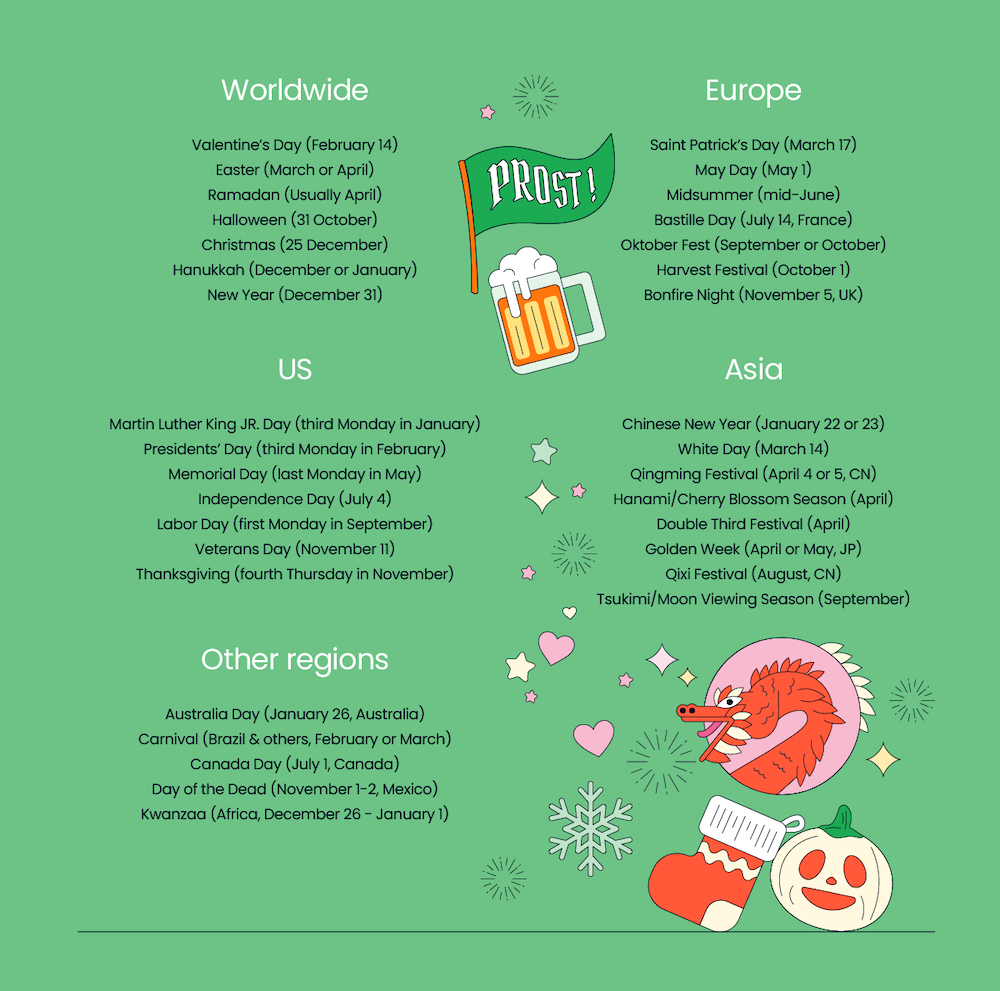
Depending on the demographic and genre of your mobile game, you might also want to consider celebrating charity initiatives and wider awareness days.
Brawl Stars, Angry Birds 2, and Sky: Children of the Light are just some of the mobile games with charity events that have raised money through the sale of limited-time accessories. Many mobile games are involved with the Playing for The Planet initiative, with studios raising awareness of environmental issues by hosting events on major calendar dates such as World Environment Day (5 June).
Pride, which celebrates equality and human rights, has also become a major calendar date for several mobile game studios. Zooba, League of Legends: Wild Rift, Beatstar, Farmville, and Zynga Poker are all mobile games that celebrate Pride through seasonal events – many of which involved a UI refresh, limited-time characters and cosmetic items, and lots of money raised for non-profits championing LGBTQ+ rights.
Some of the simpler ways mobile games implement seasonal content through LiveOps
There are plenty of ways to implement seasonal events into your mobile game, some more extensive than others. If you’ve only got limited development resources, it’s probably best to start by thinking small with one (or more) of the following elements. Just bear in mind that the more effort you put into your seasonal events, the more rewarding they’ll likely be.
UI changes and seasonal offers make a great combo
One way to improve the scale of your seasonal event without creating a massive drain on development resources is with a seasonal UI makeover. Get your users into the holiday spirit by adding a splash of holly and tinsel around the border of your main menu, or pumpkins and ghosts hiding in the background. You can even add holiday elements to your app’s actual icon: for example, you could give your game’s mascot a Saint Patrick’s Day hat.
Of course, refreshing your UI isn’t going to bring in much revenue, which is why many developers take this a step further by introducing new holiday-themed offers (or rebrands of existing deals). For example, last December, Royal Match gave its regular Endless Treasure bundle—a “laddered offer” where players receive free gifts and get bundle IAP offers for boosters—a Christmas reskin, while Candy Crush Saga launched a New Year Sale.
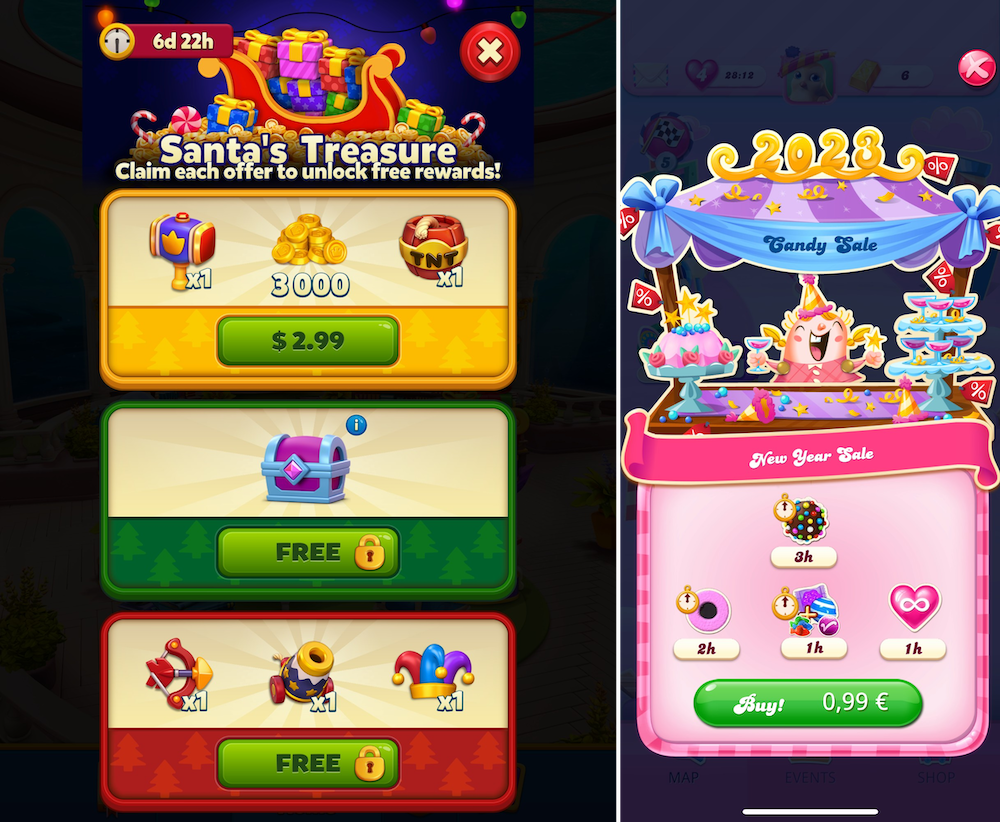
Event-related cosmetics and monetization
Naturally, if you’re adding offers themed around notable real-world occasions to your in-game store, the obvious next step is to have seasonal skins and other cosmetic items for an extra revenue push.
Let’s look at some examples:
- Call of Duty: Mobile launched the Holiday Series: a limited-time gacha with a prize pool of festive cosmetic items of different rarity levels and odds.
- Royal Match launches a new Battle Pass each month with varying themes, often based on real-world events. In April 2024, the theme was Easter.
- In April 2024, PUBG Mobile launched an unusual seasonal offer with a social mechanic. In this event, players could form a group to get a discount on a Yoga Bunny set. Simply joining or creating a group also unlocked a limited-time Dark Bunny set.
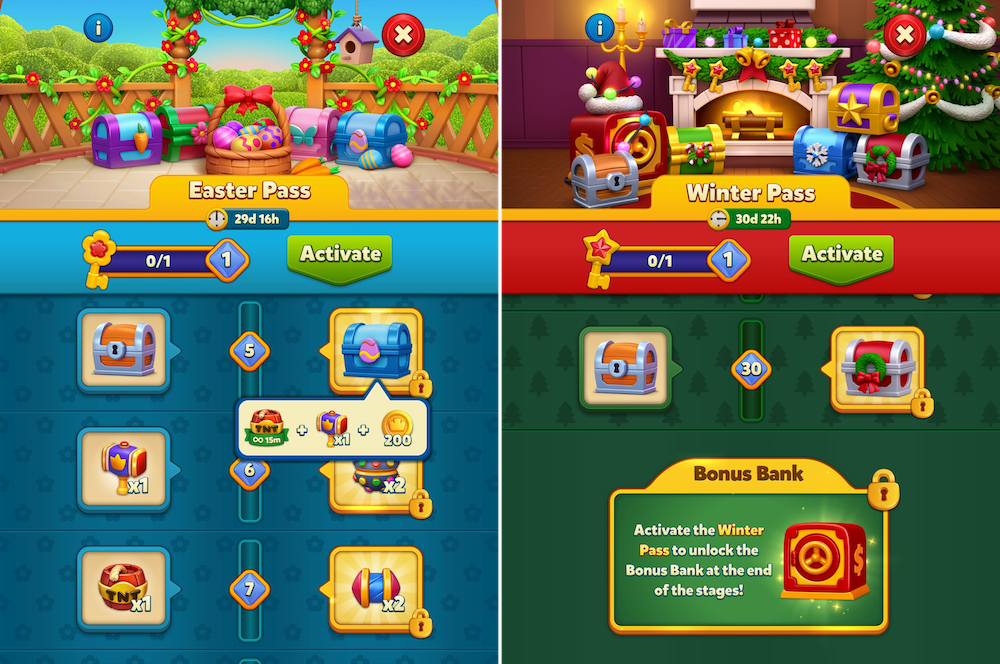
Introduce seasonal aspects to an already-established live event
Many titles incorporate seasonal elements into their content pipeline by putting a timely spin on existing events. While this likely won’t transform a game’s performance, it’s a relatively easy way to maintain engagement in an already successful event or add a new lease of life to an event that has been around for quite some time.
One game that is a huge fan of seasonal additions like this is Monopoly GO!. Scopely’s seemingly unstoppable puzzle hit often puts a seasonal spin on its cooperative partner events, which was rebranded as Valentine’s Partner in February 2024 and Gift Partners in December 2023. The same strategy is deployed to the game’s seasonal collectible albums too, an event type that more and more games have copied lately.
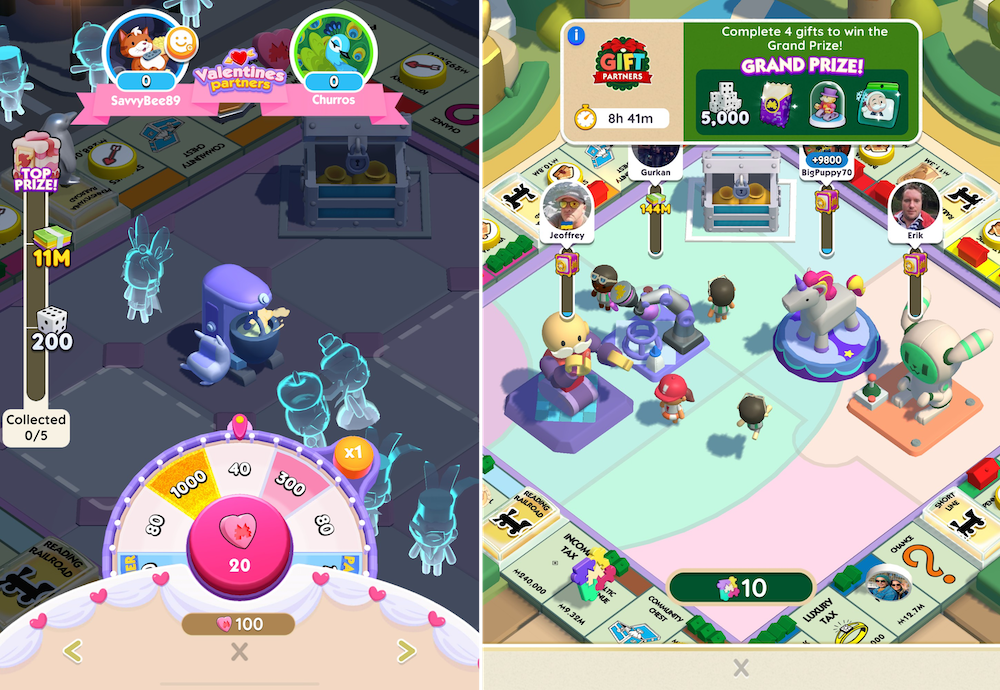
Similarly, many titles also introduce simple challenges themed around seasonal events. For example, there are regular Collection Challenges in Pokémon GO! that often tie into real-world occasions. For instance, in February, a Carnival of Love Challenge saw players hunting down cute, pink Pokémon around Valentine’s Day. Players also hunted down Trubbish (a litter-themed Pokémon) for Sustainability Week.
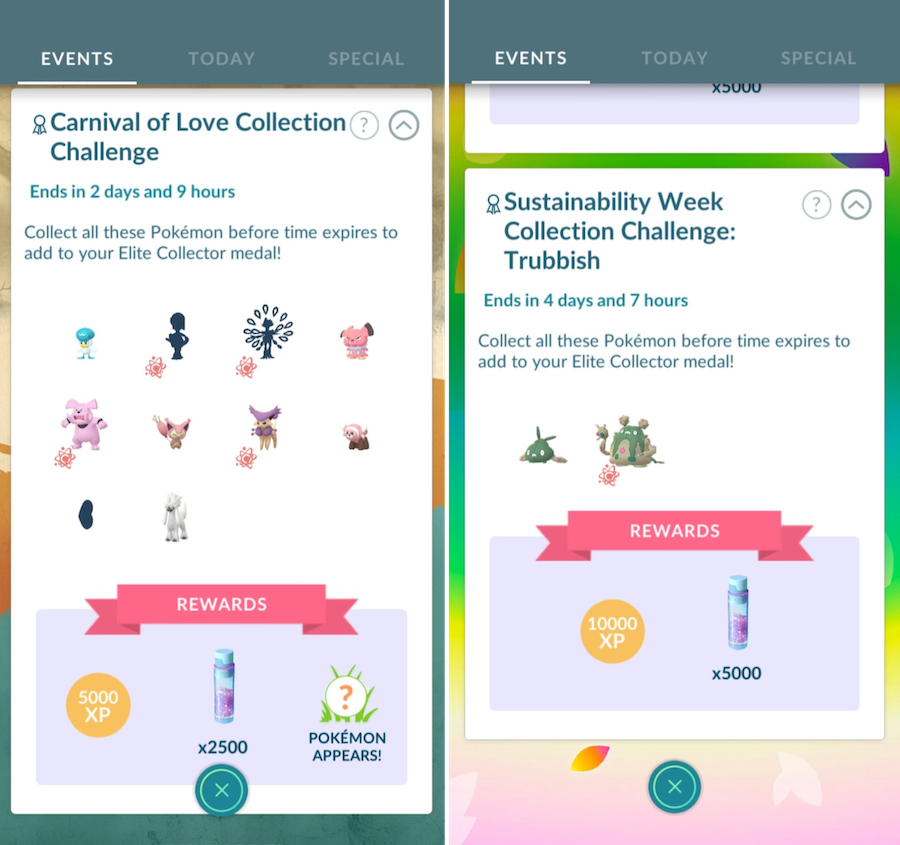
Analyzing more comprehensive seasonal updates
So what’s the next step beyond the simple additions? Bringing all the features mentioned above together alongside brand new content as part of a comprehensive seasonal content update. This might involve a new narrative mission tied to the event, event-specific game modes, or even limited-time minigames.
Remember: The more changes you make to the game, the more opportunities you likely have to introduce new monetization mechanics. For example, if you’ve got a huge number of new cosmetic items, you could introduce a special event currency that players need to earn to purchase them.
Let’s examine how some of the most popular mobile games have approached large-scale seasonal events and what impact these updates had on downloads and revenue.
Last Fortress: Underground – The Boys Christmas Crossover
What’s better than an expansive seasonal update? An expansive seasonal update that incorporates a major IP, that’s what. Last Christmas, Last Fortress: Underground launched a month-long crossover event with Amazon’s hit series The Boys that we named the Best Seasonal Event at our Mobile Game Dev Awards.
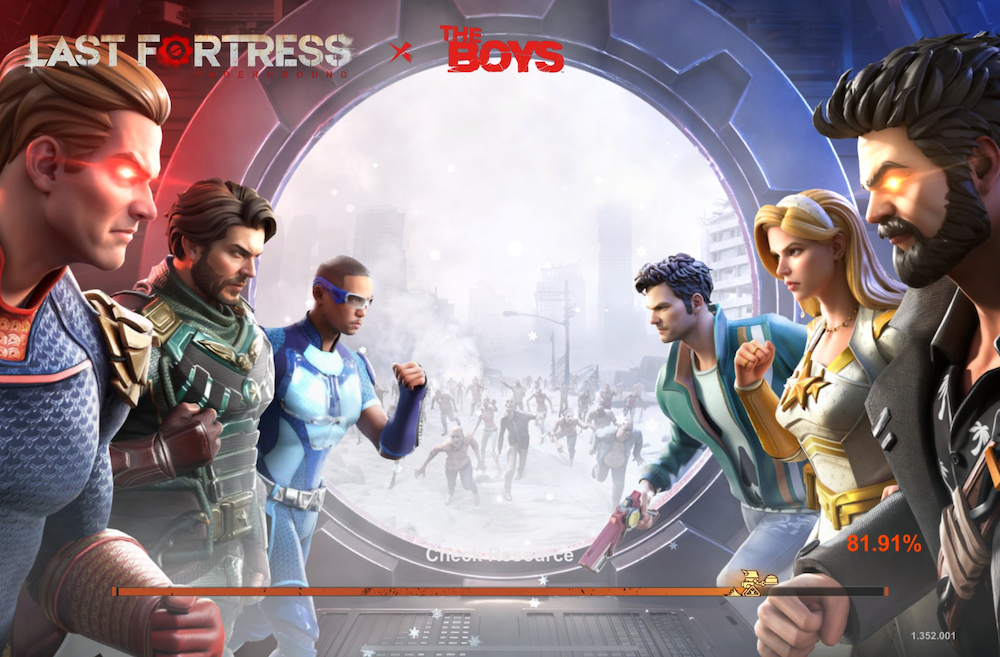
While this brutal superhero IP might not be the obvious choice for a festive-themed event, it maintained engagement throughout the month by breaking the event down into smaller revenue-boosting phases—each of which featured new iconic characters, missions, story content, and cosmetics for players to enjoy.
For instance, the first phase reintroduced elements from an earlier collaboration with The Boys (back in July 2023), including a limited-time gacha featuring popular characters like Hughie, Butcher, and Starlight. The second phase unveiled a limited-time shop called the Vought Exchange, where players could spend Xmas Tokens (earned through other collaboration events or in-app purchases) to acquire items themed around The Boys. Finally, the third phase introduced Homelander, the series’ main villain.
Small revenue spikes occurred throughout the event in line with each new phase. The most significant spike occurred on December 20, shortly after the launch of a limited-time gacha that let players customize the reward pool by selecting their favorite character from The Boys collaboration.
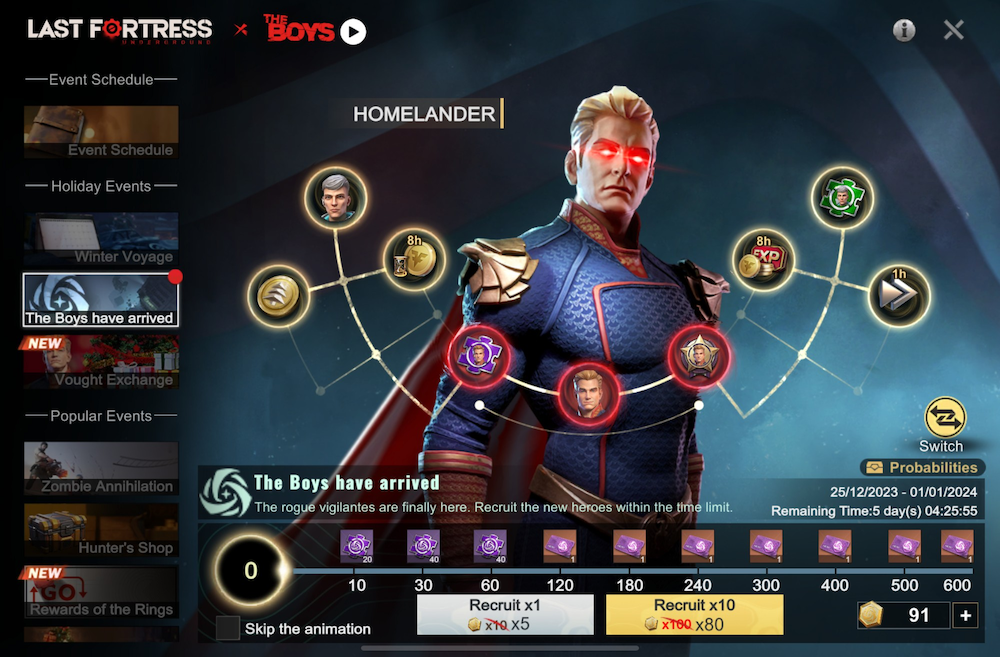
Call of Duty: Mobile – Snowball Scuffle
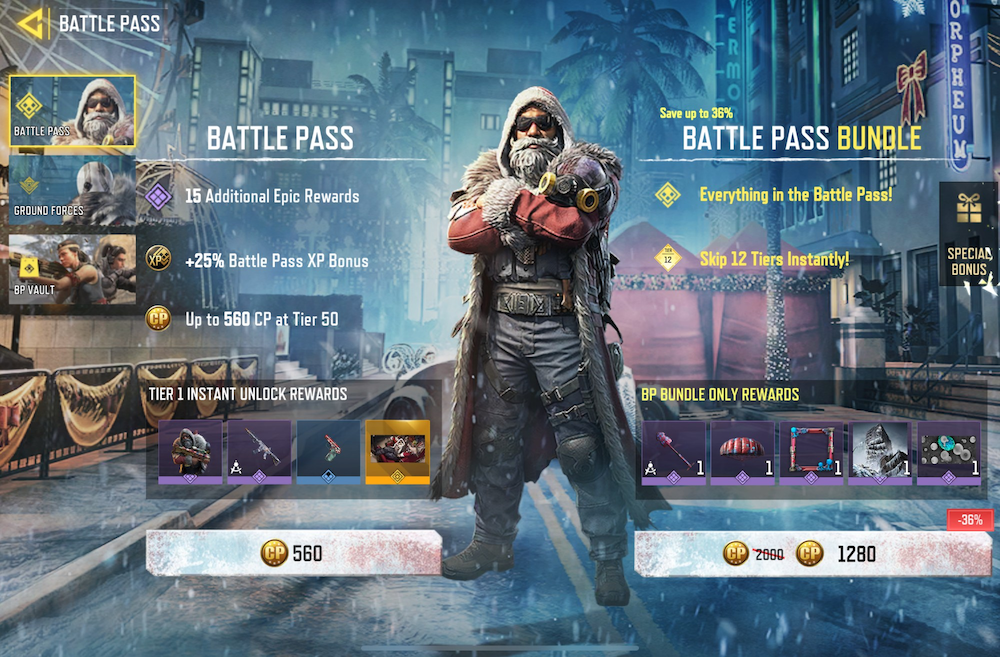
Forget first-person shooters. For Christmas 2023, Call of Duty: Mobile turned itself into a first-person snowballer. In Snowball Scuffle, players were divided into two teams of ten and given an infinite number of snowballs to hurl at each other. Players could also collect gift boxes that spawned around the map to receive throwables and special operator skills, such as snow guns.
While the mode was new to Call of Duty: Mobile, it was actually an adaptation of a classic Call of Duty game mode, Kill Confirmed. When players were “eliminated” by snowballs, they dropped their team’s snowman. Teams earned one point for each opposing snowman that they successfully deposited into their team’s bank. The first team to reach the score limit won the match. Players could also collect snowmen that dropped from their teammates to prevent the opposing team from scoring.
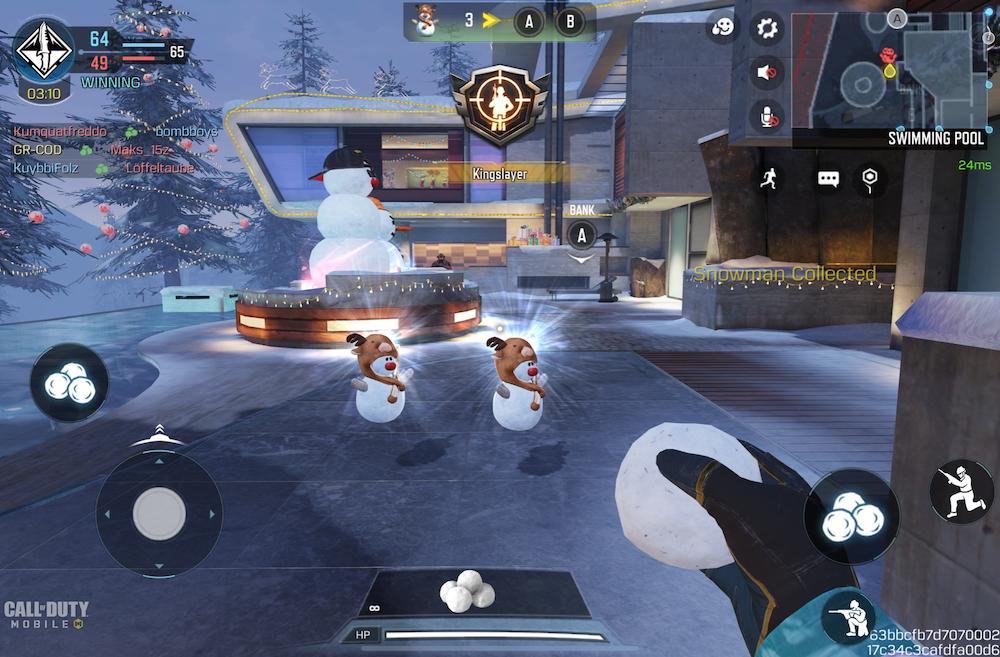
Admittedly, this was just a small part of Call of Duty: Mobile’s festive offering, which also included several other winter-themed game modes (although Snowball Scuffle was the only one to feature snowball physics), a Christmas rebrand of the game’s UI, a dedicated seasonal store, and more.
Whiteout Survival – Thanksgiving
Whiteout Survival’s snow-covered landscapes usually offer up players a rather frosty take on the 4X strategy genre, but the game’s Thanksgiving event last year warmed up its player base with a ton of new rewards and gameplay features, including exclusive skins and emotes.
The event’s main draw was the seven-day-long Feast Preparations, where players were tasked with submitting different dishes per a set menu to accumulate Personal and Alliance (guilds) Feast Points — needed to climb the event’s leaderboard and unlock rich rewards. To cook the dishes, players had to participate in a simple event called Cooking Skills, where they used different ingredients collected from gourmet bags to complete a straightforward time-tapping minigame.
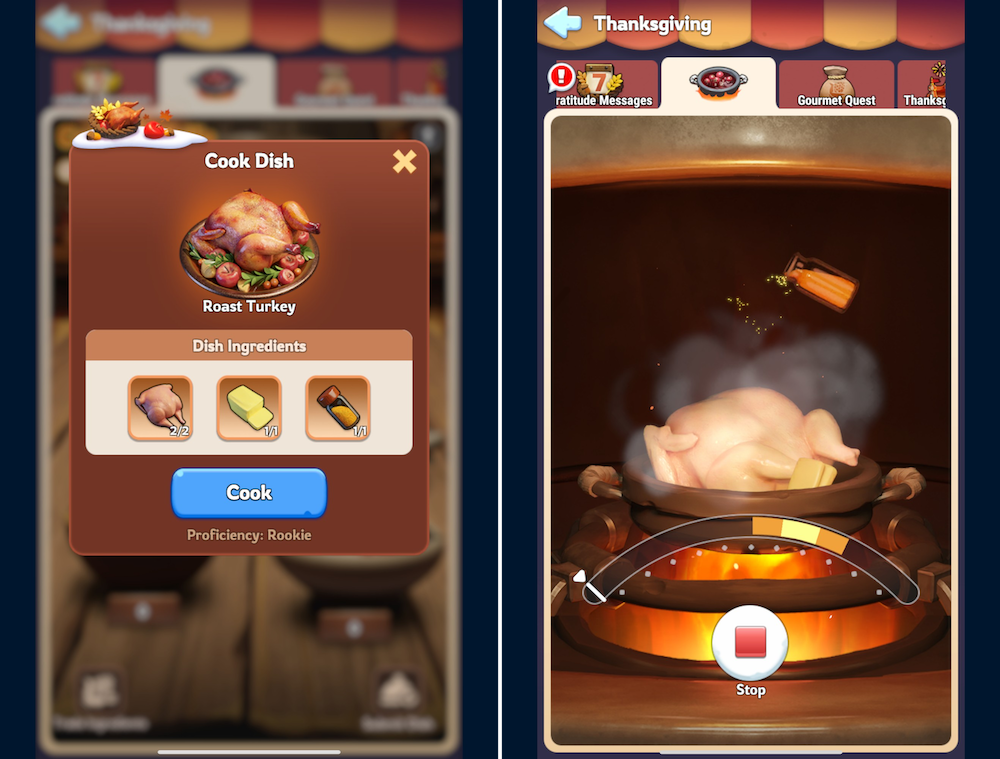
At the end of the event, players were ranked based on their accumulated Feast Points, with the top 200 players getting Personal Ranking Rewards, while the top 50 Alliances got Alliance Ranking Rewards. The top 10 players also got an exclusive Bountiful Banqueter base skin, while the top 10 alliances got to host their own Thanksgiving Feast once the Feast Preparations event ended.
The event also included various aspects of monetization. For example, there was a limited-time battle pass where players advanced on free and premium reward tracks by participating in the Feast Preparations and submitting dishes to earn Alliance Points. Exclusive cosmetic items were up for grabs in IAP bundles, and there was a top-up event where players got a special reward if they purchased enough premium currency during a set period.
The event appeared to be a strong success for developer Century Games, doubling downloads the day before the update landed (19 November) and causing a 50%+ boost in daily revenue the day after (21 November). We also named it one of the runners-up in the Seasonal category of our Mobile GameDev Awards.
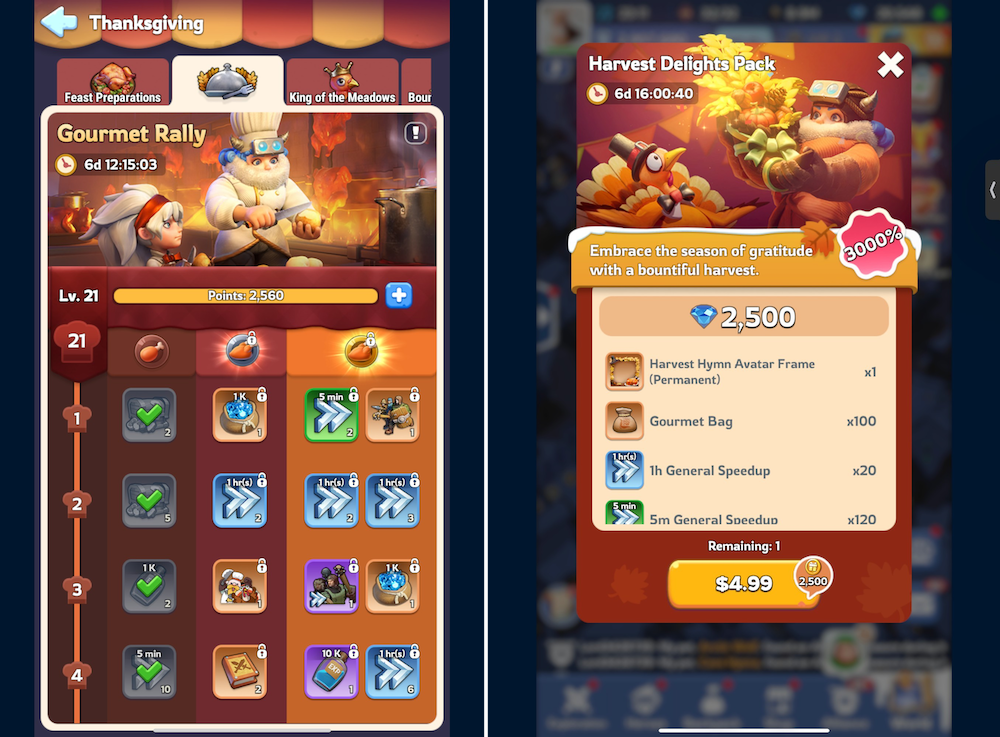
CookieRun: Kingdom – G1ng3rbr4v3(?)’s OpurraSHun OvnBrk
Based on the name alone, it’s fair to say that this is one of the most peculiar seasonal events that we’ve ever come across. When you consider that it was designed to time into April Fools’ Day, however, it starts to make more sense. Whatever you think about the title, it’s a mistake to laugh at G1ng3rbr4v3(?)’s OpurraSHun OvnBrk, as this is a comprehensive update and an excellent example of a seasonal minigame event.
In the week-long event, players were introduced to a cheeky-looking gingerbread man, GingerBrave, stuck on a never-ending walkway. Players were tasked with tapping the sides of the screen to ensure GingerBrave stayed upright and didn’t fall over, after which their “run” would end. The event featured its own premium currency, which could be used to purchase exclusive GingerBrave-themed cosmetic items. How much currency you earned was dictated by how long you could keep GingerBrave balanced each run.
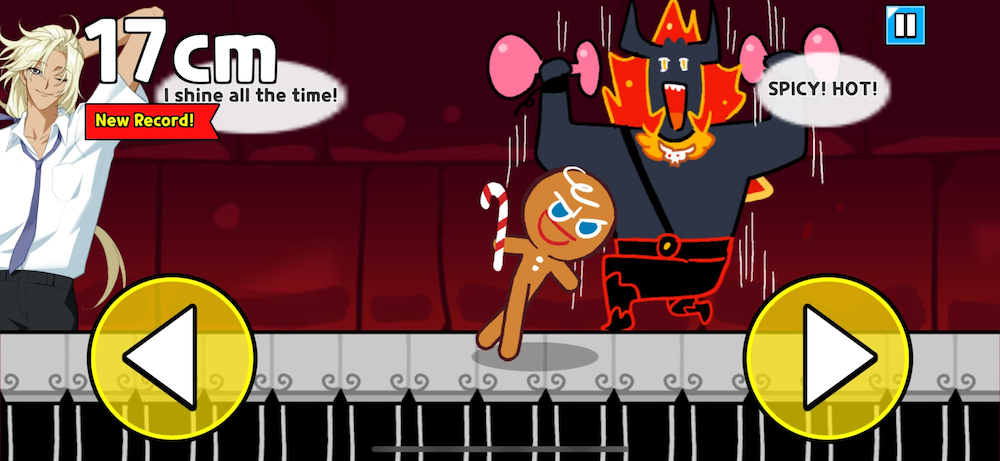
Clash of Clans: Christmas Event
Clash of Clans launches a new seasonal battle pass every month, which usually coincides with a 100% boost in daily revenue, but Supercell went the extra mile at Christmas with a range of additional festive activities and purchases.
The standout was undoubtedly Cookie Rumble, an all-new Christmas-themed limited-time battle pass that ran for the last two weeks of December. Players progressed through the pass (which had both a free and premium reward track) by collecting Sweet Elixers, obtained by raiding other players’ bases in multiplayer battles. Rewards included a number of currencies, boosts, and festive-themed items, such as Jingle Bell and Gingerbread Bakery cosmetic buildings.
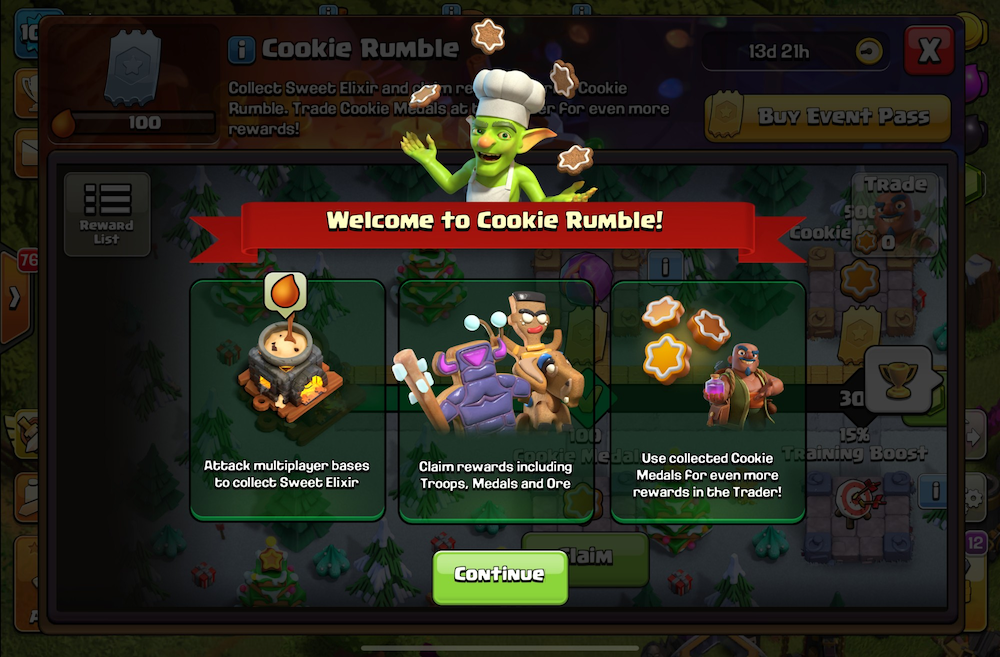
Clash of Clans also opened up a limited-time Christmas store, where players could exchange Cookie Medals (purchased through IAP bundles, or earned through the above battle pass) for various items, including an exclusive Gingerbread King hero skin.
Overall, the update saw a sudden jump in Daily Revenue by over 300% mid-month, which, as you can see from the chart below, is unusual for the game. However, it’s worth noting that this also came alongside various changes to the game’s Town Hall and Hero Equipment System that were highly anticipated by players, and may also have influenced performance.
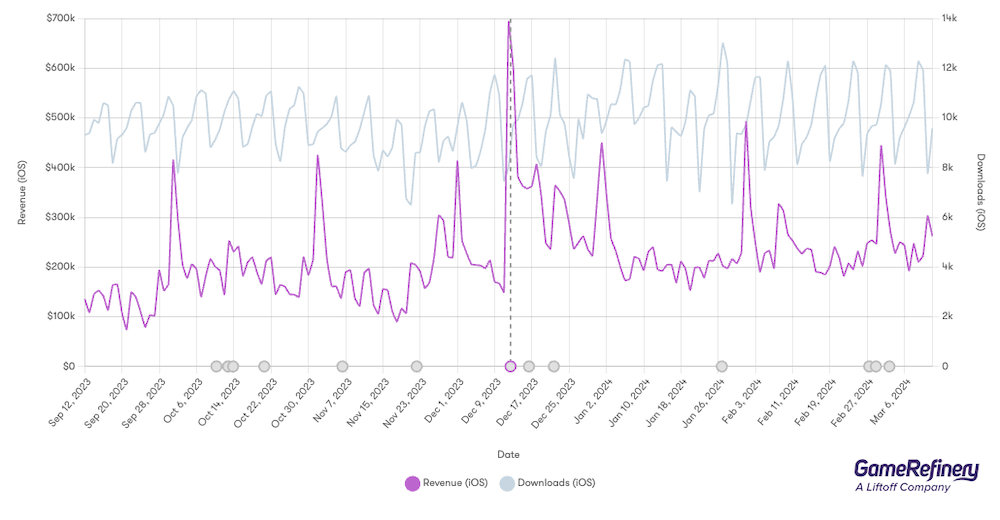
Unique examples of market-specific seasonal events
Christmas, New Year, Halloween and Easter are some of the most widely celebrated seasonal events, but depending on where your players are based, there are plenty of more market-specific seasonal events that are worth tapping into.
Our China and Japan market game analysts have collected some examples of seasonal events that hopefully inspire new ideas to drive player engagement if your target markets are in China or Japan.
Seasonal events to consider in China
Qixi Festival
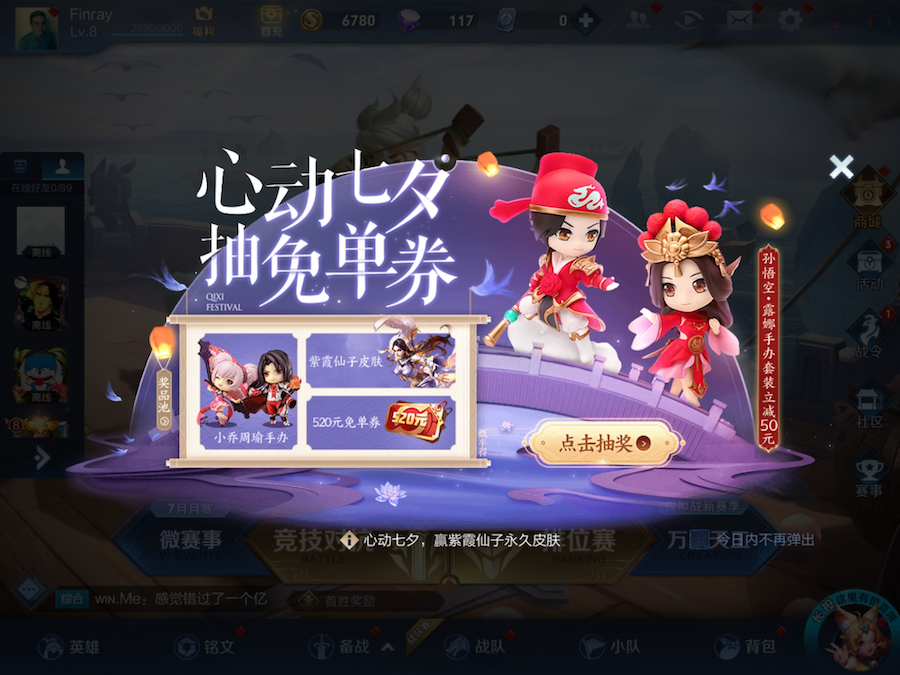
The Qixi Festival, or “double seven,” since it’s celebrated on the 7th day of the 7th month of the lunar calendar, is the Chinese equivalent of Valentine’s Day. Lots of mobile games celebrate the event every year, with Revelation Online (天谕), Battle of Fishing (捕鱼大作战-欢乐真人千炮捕鱼游戏王者,柳岩推荐), Three Kingdoms Fantasy Land (三国志幻想大陆 – 国创加强版)all regularly taking part in the festivities.
Dragon Boat Festival
The Dragon Boat Festival, aka. “double five,” is a traditional summer festival celebrated on
the 5th day of the 5th month of the lunar calendar, which is usually in June. Traditions for the day include big dragon boat paddling races organized on the rivers of virtually every village and city, as well as eating a special kind of steamed and stuffed dumpling made of sticky rice called zongzi.

PUBG Mobile, which is known as 和平精英 “Game for Peace” in China, included special dragon hovercraft in its Dragon Boat Festival event, where players could win game merchandise and gift cards for the Chinese eCommerce company, JD.com.
Singles’ Day
Also known as ‘Double Eleven’ day is an unofficial holiday in China, known for being the largest shopping day in the world by consumer spending. Originating as a day to celebrate single people, it has been heavily commercialized by online retail companies such as Alibaba, and it is also extremely common for mobile games in China to feature IAP events around the day.
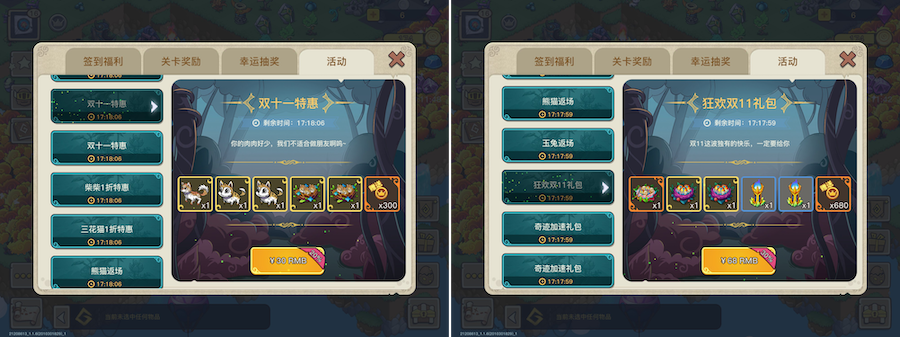
Merge Go! (幻兽爱合成) had a Singles’ Day event with limited-time IAP bundle offers and a points system where passing certain IAP thresholds would earn the player additional gifts.
Seasonal events to consider in Japan
Here are some of the popular seasonal events that typically pop up in Japan’s market’s games.
Golden Week
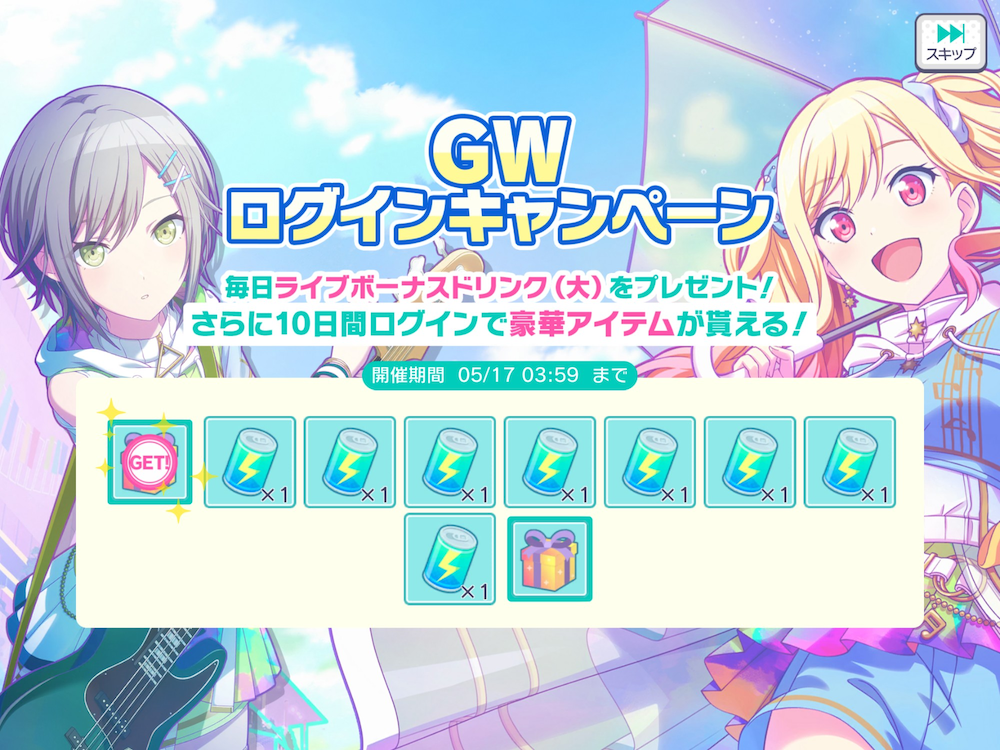
Golden Week is a week celebrated in Japan from 29 April to early May. It encompasses four of Japan’s 15 national holidays and Hanami, which means “flower viewing” in Japanese, the traditional custom of enjoying the beauty of cherry blossoms. Umamusume Pretty Derby, Project Sekai Colorful Stage feat. Hatsune Miku, State of Survival, and Guardian Tales celebrate Golden Week each year by adding different campaigns, offers, or simple events.
Japanese New Year (Shōgatsu)
In winter, Japan celebrates the Japanese New Year (Shōgatsu), an annual festival with its own customs, and lots of mobile games typically take part in the celebrations. For example, Umamusume Pretty Derby’s (ウマ娘 プリティーダービー) 2022 New Year’s story event followed the Umamusume as they attempted to learn karuta (a traditional Japanese card game and a popular New Year’s pastime) and compete in a tournament, while The Seven Deadly Sins have previously featured log-in bonuses, social media raffles, and bingo task events.
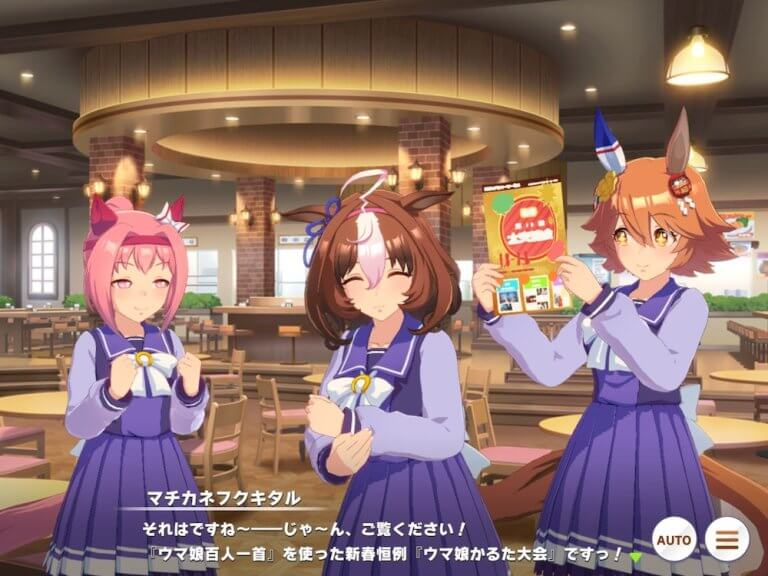
Tips for introducing seasonal events into your mobile game
Introducing seasonally-themed events to your game can deliver significant benefits, as seen in many titles across all genres. By implementing a combination of features, including event-specific currencies, stores, seasonal gachas, unique game modes, and collaborations, you’re opening up new monetization channels while also providing players with great value for money thanks to new content.
Here are some tips to help you implement any seasonal events you’re planning smoothly:
Plan carefully and roll out your seasonal event gradually
It’s important to build anticipation for your seasonal event. Make sure it’s well promoted through marketing channels such as newsletters and social media platforms so players have a chance to download the game and start playing before the big content drops.
Consider a phased approach for the release of new content rather than releasing everything on day one. This will keep your players revisiting the game daily, rather than rushing through the experience at launch.
Take advantage of our Live Events Tracker
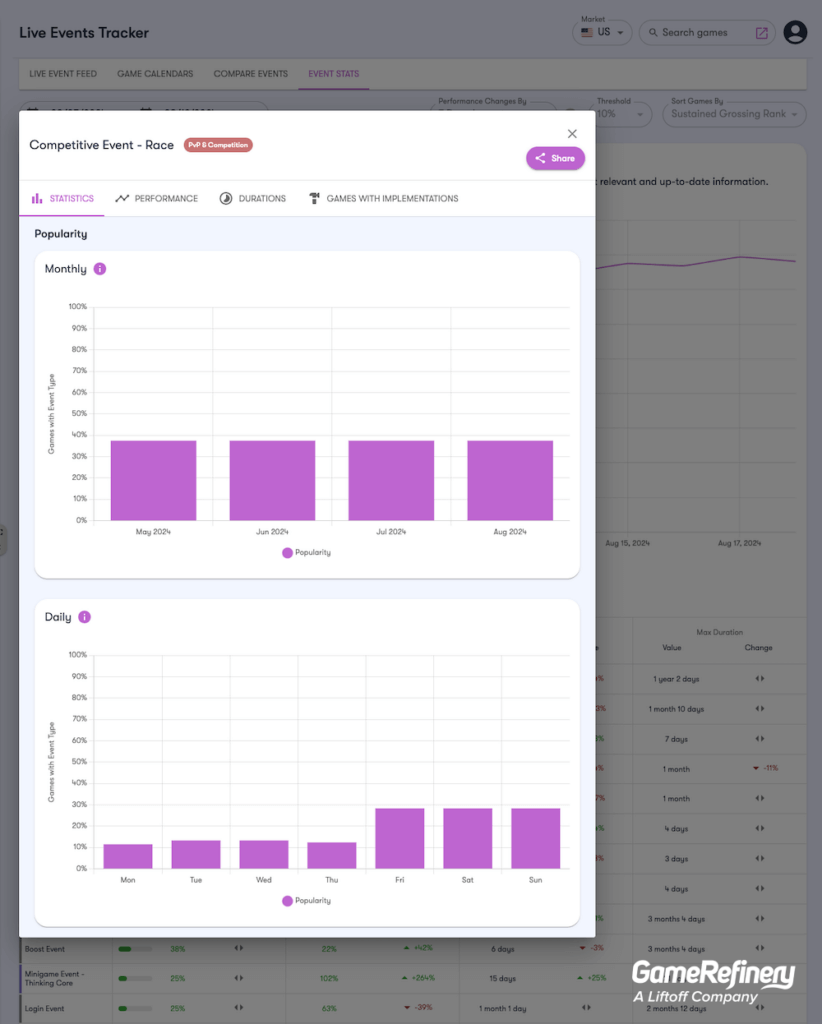
One of the biggest challenges in launching seasonal events is avoiding clashes with the competition. With so many titles participating in this trend, it’s difficult to predict which games will partake in a national calendar day or religious holiday, how they’ll approach the event, and the level of success they’ll achieve.
By using our Live Events Tracker, you can keep tabs on how the biggest and most influential games on the mobile market are tackling LiveOps each and every day. You’ll gain access to the following features and more when you sign up:
- Insights from GameRefinery analysts on how each live event works.
- The ability to filter live events to monitor specific categories, such as “Seasonal”
- Screenshots from each game that show their live events in action.
- Information on past live events, such as those that have been repeated.
- Daily figures on download numbers and revenue, as well as the top in-app purchases.
- Updates on the latest patches and game versions released to the public.
- The average number of events on a daily basis.
- Most used event types are based on popularity.
- The typical duration of each event type.
Combine your gachas with seasonal events
Gachas are a great monetization mechanic and can be easily reskinned and customized to accompany seasonal events. Introducing event-specific gachas can provide players with unique rewards, driving engagement and revenue.
Run a collaboration/crossover event as part of your seasonal event
It’s not unusual for mobile games to collaborate with other games and non-gaming brands as part of their LiveOps. If you’ve got the budget, incorporating a well-known IP into your seasonal event plans could be a great way of boosting performance. Collaborations not only attract new players from an already established fanbase but also excite existing ones with exclusive content and experiences.
Engage your community with exclusive rewards and challenges
Engage your player community by offering exclusive cosmetic rewards and challenges that are only available during the seasonal event. This creates a sense of urgency and encourages players to actively participate.
If you enjoyed reading this post, here are a few more you should definitely check out:

